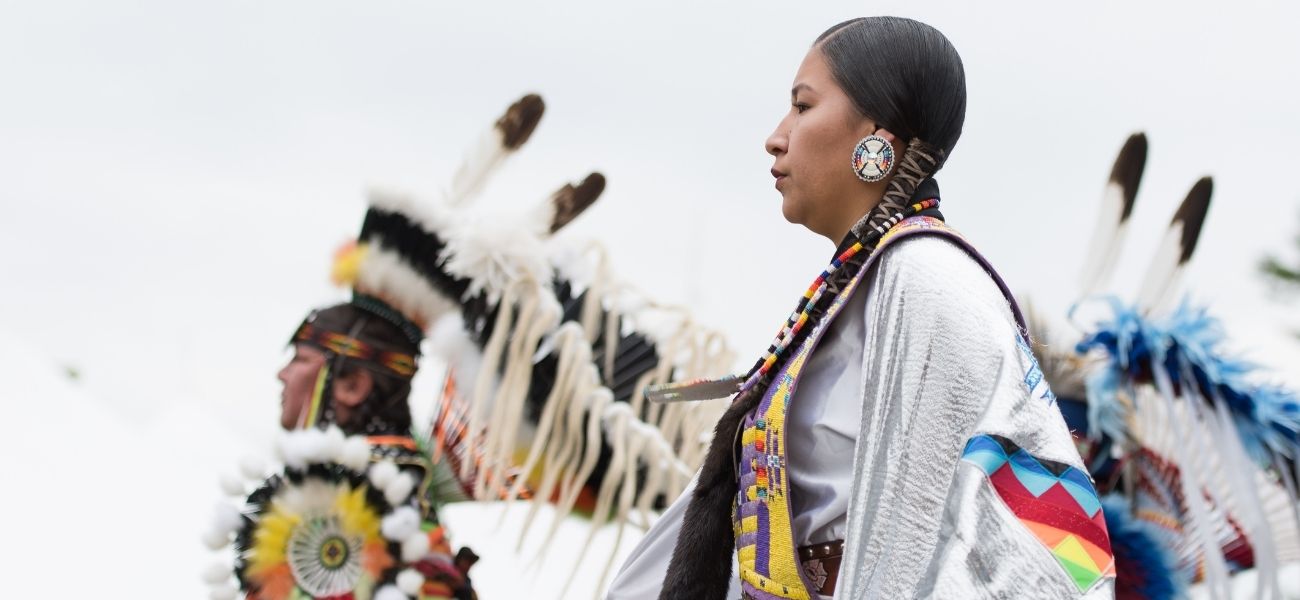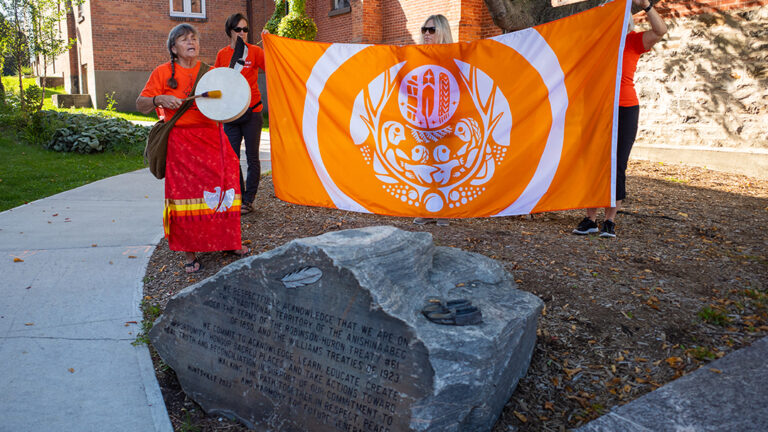If you’ve been following the Centre’s activities, you’re bound to have noticed that reconciliation with Indigenous people is one of our priorities. We think it’s important to support for-indigenous, by-indigenous community housing activists. Several of the stories we have highlighted in previous newsletters (archives here) tell the stories of these transformative projects affecting numerous communities.
Since the Centre launched operations in the fall of 2019, we have funded 21 projects (either completed or ongoing) led by Indigenous housing providers across the country, for a total of just over $1.3 million in grants. We’re sharing these numbers here as just one measure of the many transformative steps that have been taken by organizations from a variety of Indigenous nations.
For example, one of the Centre-funded projects was designed to assist the Mamele’awt Qweesome Housing Society in its strategic planning in Mission, B.C. Another enabled the Native Inter-Tribal Housing Co-op to conduct a feasibility study necessary to better assess its organizational health and needs so that it can remain viable and look to the future. Yet another helped ensure that Indigenous single mothers in Ontario could access services tailored for them through a program of the Ontario Federation of Indigenous Friendship Centres.
This month, the Centre’s newsletter pays tribute to National Indigenous Peoples Day, which occurs on June 21, the Summer Solstice. This year marks the 25th anniversary of its celebration in Canada. And June is also National Indigenous History Month. To mark the occasion, we would like to tip our hat to the Indigenous organizations that have entrusted us with their projects.
And, appropriately enough, we asked some of the project leaders of the projects elaborated by and for Indigenous people that we funded to tell us what this day means to them.
Jason Snaggs, executive director of YKDFN (Yellowknife Dene First Nation), calls it “a day of recognition of Indigenous Peoples, their rights, their treaty, their land and their spirit.”
For Darlene Bellerose, coordinator at the Native Inter-Tribal Housing Co-operative in London, Ont., National Indigenous Peoples Day exists “to celebrate the resilience of the Nations and the people. Despite all efforts to eradicate, decimate and assimilate, the people, the traditions, the culture and the spirit prevail—we continue.”
To honour the day, Snaggs suggests reading about the Truth and Reconciliation Commission of Canada and the United Nations Declaration on the Rights of Indigenous Peoples (UNDRIP), and to participate in Indigenous celebrations and cultural activities.
We hope that the month of June and, in particular, June 21 will be a time of recognition and appreciation for Indigenous Peoples in general, and more specifically for all the work they do in the community-housing sector in the face of the deep-rooted and substantial systemic discrimination that continues to affect so many members of their diverse communities.
We appreciate the opportunity to lend a hand.
***
Although our purpose today is to celebrate the social, cultural and political accomplishments of Indigenous People across the land and around the world, we do so in the ever-present shadow of our deadly history of colonialism. The Centre offers its sincere condolences to the Tk’emlúps te Secwépemc First Nation after the remains of 215 children were uncovered on the grounds of the former Kamloops Indian Residential School in British Columbia. This is yet another sad reminder that our past is never behind us, that its ripples are felt for generations to come — and that children who should have played and thrived and had families of their own were instead abandoned in unmarked graves across the country.
***
This editorial appears in the InfoCentre newsletter. To subscribe to our monthly newsletter, click here.



